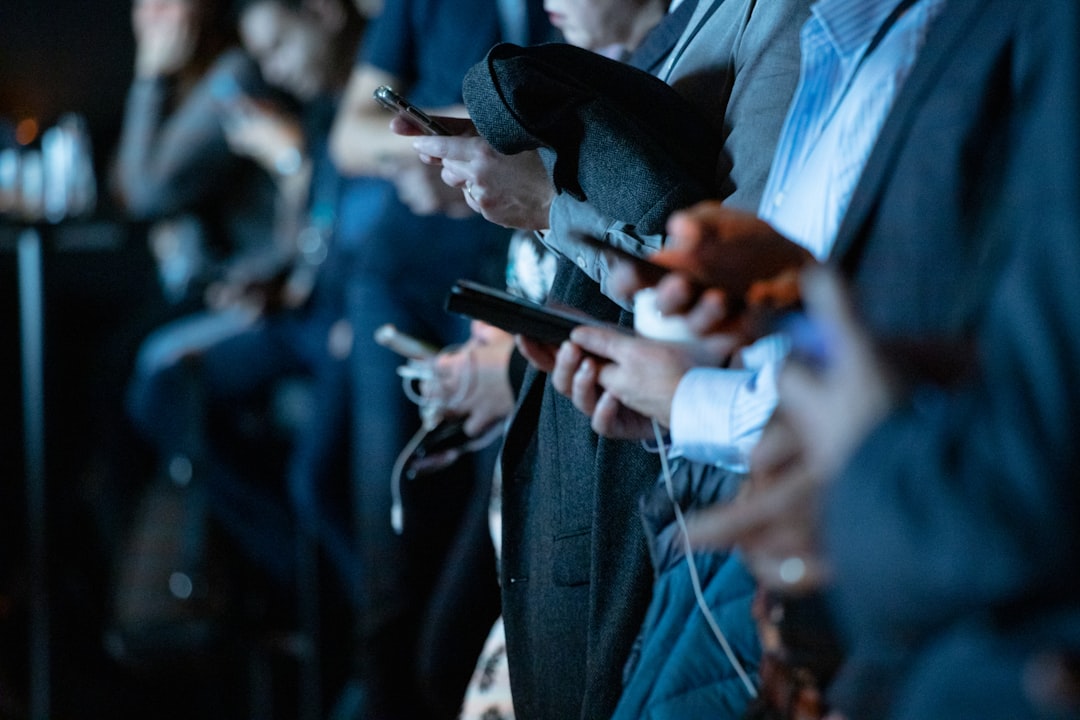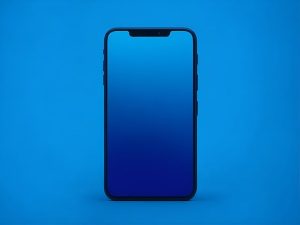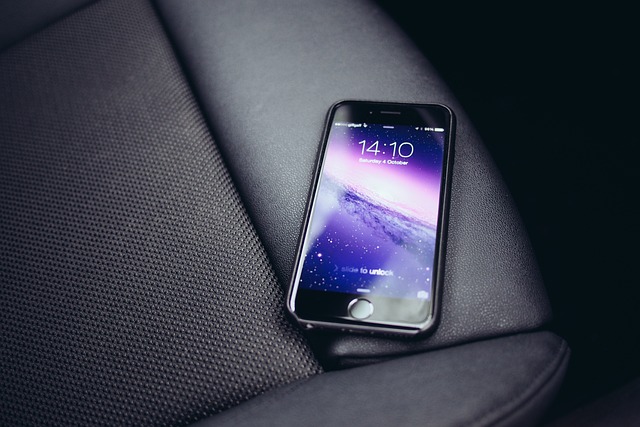Los Angeles residents are dealing with a wave of fraudulent robocalls from scammers posing as tattoo parlors or legal entities using local area codes. Scams have become common due to easy access to automated dialing systems, leading to increased caution among residents. The demand for protection from Robocall Lawyer Los Angeles is rising as the city's tattoo industry adapts by collaborating with legal firms, implementing direct booking systems, and educating clients about scams to safeguard customer safety and maintain industry integrity.
Los Angeles’ tattoo community is facing an unexpected challenge—robocall scams targeting customers. These automated calls, often impersonating tattoo studios, offer fake appointments, stealing personal information and money from unsuspecting clients. This growing issue impacts local businesses and their reputation, prompting a united front. In this article, we explore the tactics LA’s tattoo parlors are employing to combat these scams, including legal actions and the crucial role of robocall lawyers in protecting consumers.
Understanding the Robocall Scams Targeting Los Angeles Residents
Los Angeles residents have been falling victim to a new wave of fraudulent activities, with robocalls posing as tattoo parlors and legal entities. These automated phone calls target individuals, falsely claiming to offer exclusive deals or even threatening legal action if they don’t schedule an appointment. Scammers pose as reputable tattoo studios, often using local area codes to make their lies seem more convincing. They may offer low-cost tattoos or claim to be representing a robocall lawyer in Los Angeles, attempting to trick recipients into providing personal information or scheduling appointments at seedy establishments.
Such scams have become prevalent due to the ease of automated dialing systems and the widespread use of voice over internet protocol (VoIP) technologies. With just a few clicks, scammers can flood local phone lines with these malicious calls, preying on the unsuspecting. This has led many Los Angeles residents to be more cautious when answering unknown calls, while also raising awareness about the need for robust anti-scam measures and educational campaigns targeting such fraudulent activities.
The Impact on Tattoo Parlors and Their Customers
Los Angeles’ tattoo community, much like others across the nation, has been significantly impacted by a modern nuisance—robocalls. These automated phone calls, often disguised as legitimate business inquiries, have become a scourge for both tattoo artists and their clientele. The rise of robocall-related appointment scams has forced many tattoo parlors in LA to adapt and implement new strategies to protect their customers.
For tattoo shops, the effects are twofold. Not only do these fraudulent calls disrupt their daily operations by inundating their phone lines, but they also pose a direct threat to customer safety and trust. Customers who book appointments through suspicious robocalls may find themselves vulnerable to potential scams or even identity theft. As such, many LA tattoo parlors are now employing innovative solutions, including working closely with local Robocall Lawyer Los Angeles to combat these issues, ensuring that their customers can enjoy a stress-free experience during their tattoo journey.
Legal Actions Taken by LA's Tattoo Industry
In response to the surge in robocall-related appointment scams, LA’s tattoo industry has taken proactive legal measures. Many tattoo shops have partnered with Robocall Lawyer Los Angeles, who specialize in handling these types of fraudulent activities. These legal actions involve filing complaints with telecommunications regulators and seeking damages from call centers responsible for generating the automated, unwanted calls.
Additionally, local tattoo artists are educating their clients about the scams, encouraging them to verify appointments directly through phone calls or in-person visits. Such efforts not only protect customers but also underscore the industry’s commitment to maintaining a trustworthy and transparent business environment in the face of these deceptive practices.
Effective Strategies Employed by Parlors to Combat Scams
Los Angeles’ tattoo parlors have been proactive in combating robocall-related appointment scams, implementing various effective strategies to protect their clients and maintain a trustworthy environment. Many establishments now offer a direct booking system where customers can schedule appointments over the phone with a real representative, eliminating the risk of automated fraud. This method ensures that clients communicate directly with the parlor, reducing the chances of being misled by scam artists impersonating robocall lawyers in Los Angeles.
Additionally, some parlors have partnered with reputable legal firms to provide extra security. By establishing these partnerships, they can verify the legitimacy of appointments and offer a safety net for customers who may be uncertain about booking. These strategies not only protect clients but also enhance the overall experience, fostering trust in the industry and ensuring that Los Angeles’ tattoo community remains a vibrant and safe space.
The Role of Robocall Lawyers in Protecting Consumer Rights
In the battle against robocall scams, Los Angeles’ tattoo parlors have found an unlikely ally in robocall lawyers. These legal experts play a crucial role in protecting consumer rights by shedding light on the deceptive practices employed by automated phone systems. Many tattoo shops, often targeted by scam artists offering fake appointments or misrepresenting services, have teamed up with local robocall lawyers to fight back.
By understanding the legal frameworks surrounding unsolicited calls and text messages, these lawyers help establish guidelines for responsible marketing. They advocate for consumers’ rights to privacy and informed consent, ensuring that businesses adhere to regulations. Through public awareness campaigns and legal actions, robocall lawyers Los Angeles are empowering tattoo parlors and their clients, making it easier to identify and report fraudulent activities, thus creating a safer environment for genuine appointments and transactions.






